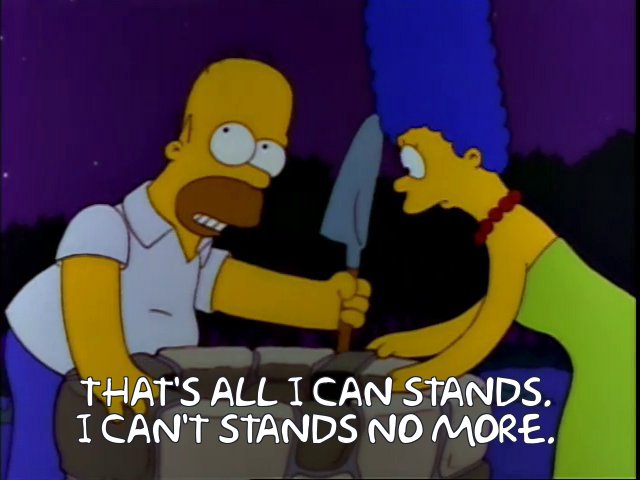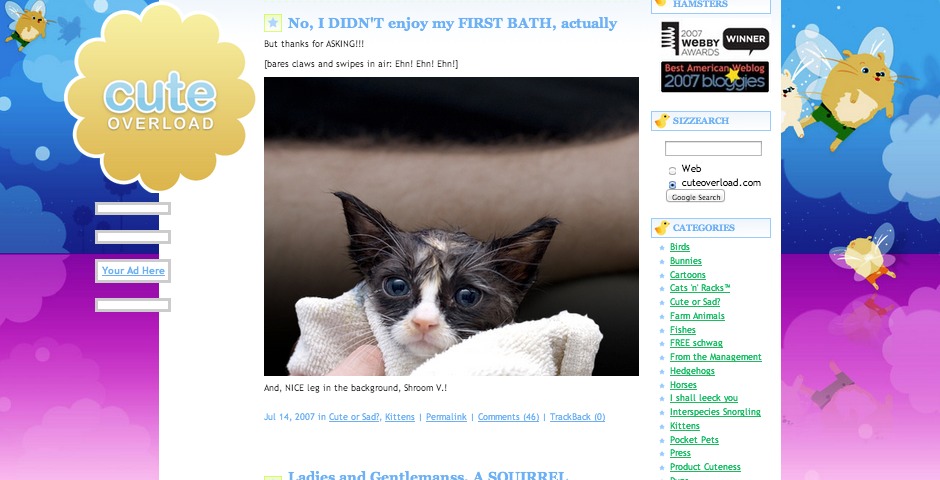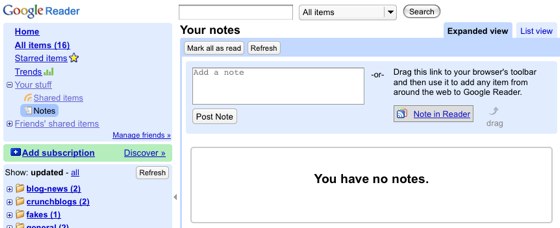There were rumblings earlier this week that Alphabet executives mused about killing GCP. I think they probably won’t do it [1]. But as a side effect this has provoked yet another round of everyone pouring one out for the most beloved Google ex-feature ever, Google Reader.
I miss the RSS world of the early 2000’s as much as anyone. I miss it almost as much as I miss McCarren Pool having no water in it and new Spoon albums sounding fresh. This is why I feel compelled to point out that those mourning Google Reader are forgetting that it was actually responsible for ruining the whole thing.

It went like this: Google Reader killed RSS, and then like a decade later Google killed Google Reader. You’re having a funeral for the tame old fox that was mysteriously living in your henhouse.
A Bull Moose Stomping around the Primordial Tidepool
The existence of Google Reader wiped out a generation of attempts at building hosted, social feed readers. I was working on one. We had maybe a thousand users, so I’m not trying to overestimate the cardinality of the set of alternate universes in which ours won. But the survival of any of them as independent actors became untenable once Google Reader came out.
Hosted feed aggregation was a relatively expensive product to attempt at the time. There were no clouds yet, and bandwidth pricing on shared hosts was oppressive to those of us just getting by on bootstrapped budgets. Everyone subscribed to less than a hundred feeds, but it was fat-tailed and everyone chose a different set of less than a hundred feeds. Your servers had to download a lot of stuff, and they had to do it as often as you could afford.
There was a significant amount of toil involved in maintaining the perception of quality, because blogging software was a much more fragmented space then, and feeds of the era were a mess. Remember Cute Overload? I do, mainly because it was a freaking frameset around a blogger site. This kind of kluge was typical [2].

As long as Google Reader existed, the two available paths out of this were out of reach. Anyone with money who believed in RSS as a consumer technology also believed Google would dominate the space [3]. The aura of infallability that Google possessed in this era before laughingstocks like Glass, Google+, Wave, etc, is hard to relate. Picture showing up for an audition and getting in line behind Denzel Washington.
And of course you couldn’t charge a fee, because Google Reader was free.
Google Reader: Not Impressive
This all would have been water under the bridge if Google had followed through with making Reader what it deserved to be. But they did not. They kept it on starvation rations for more than ten years.
Reader’s social features, for example, were only slightly less catastrophically haphazard than Buzz.

For years and years it wasn’t even obvious how the friend list worked, at all.
If you check the associated help page, it turns out that to remove someone, you have to remove them as a Gmail/Google Talk contact. Wow.
Despite this, people out there lament the loss of the communities they’d built on Reader. It’s frankly incredible that anyone managed this with tools this bad. It validates that there was something there, something that could have been more than what we got.
Hello from a Smoking Crater Inside the Kill Zone
Google Reader reigned for so long that people towards the end of its run weren’t wistful for a return to the old ways. They were wistful for the thing that wrecked the old ways. The old ways were a world not even remembered.
Allowing Reader to exist, but not attempting to make it something that could achieve broader adoption–or even just be great inside its niche–was sufficient to doom the medium. Reader was a worse product than Twitter by the time Twitter came around. I don’t think it needed to be that way.
- I will say that if killing beloved products is your bag, then building a cloud platform is the smartest strategy because it allows you to shut down products you don't even own. What legends!
- The Daily Kluge, though, ran a tight ship.
- This was not wrong at all, but it played out differently than RSS fans expected. Some folks just didn't believe RSS would work at all, which I think is somewhat discredited now with the resurgence of podcasts.
Thanks to tef, Laura Thomson, and Moishe.